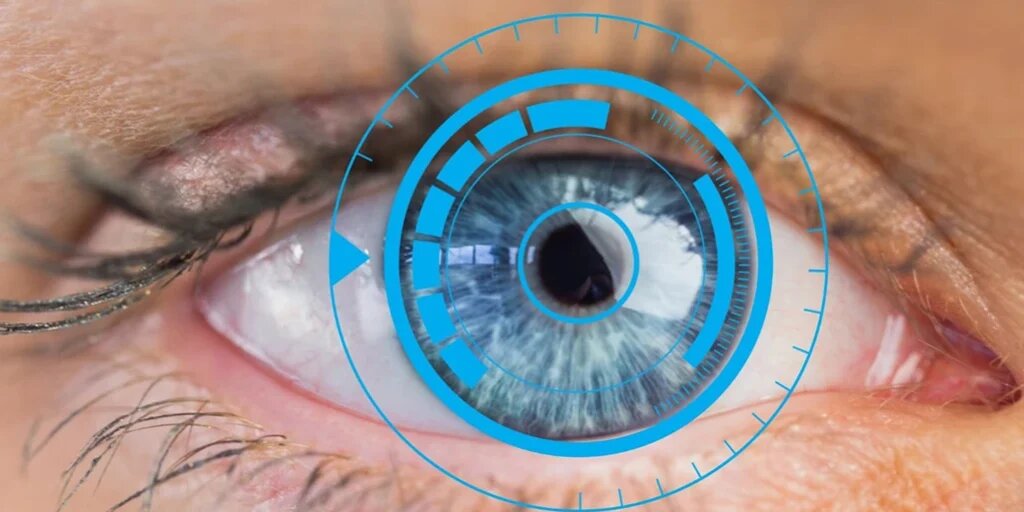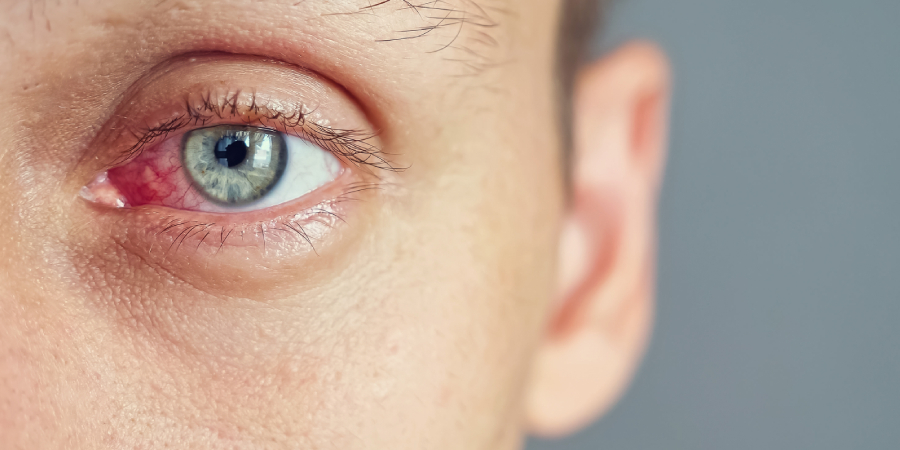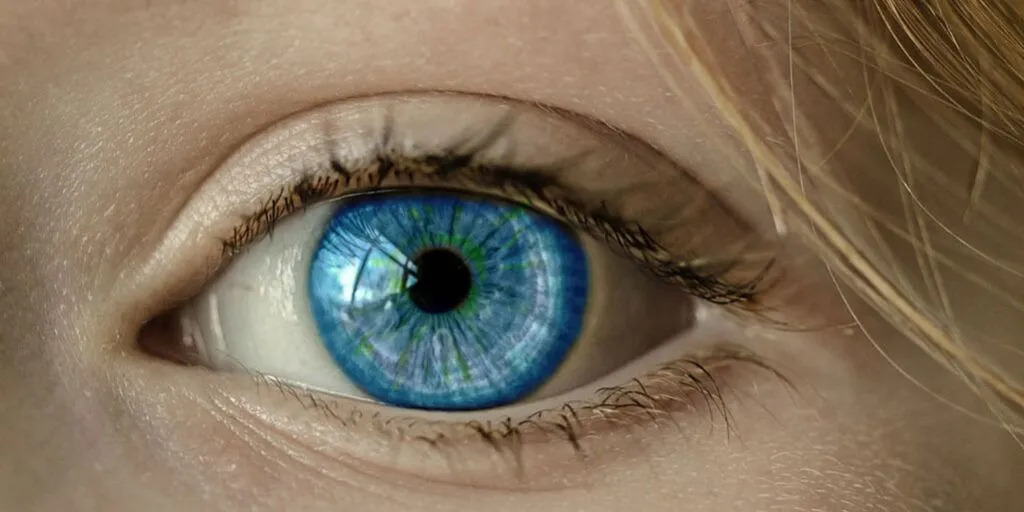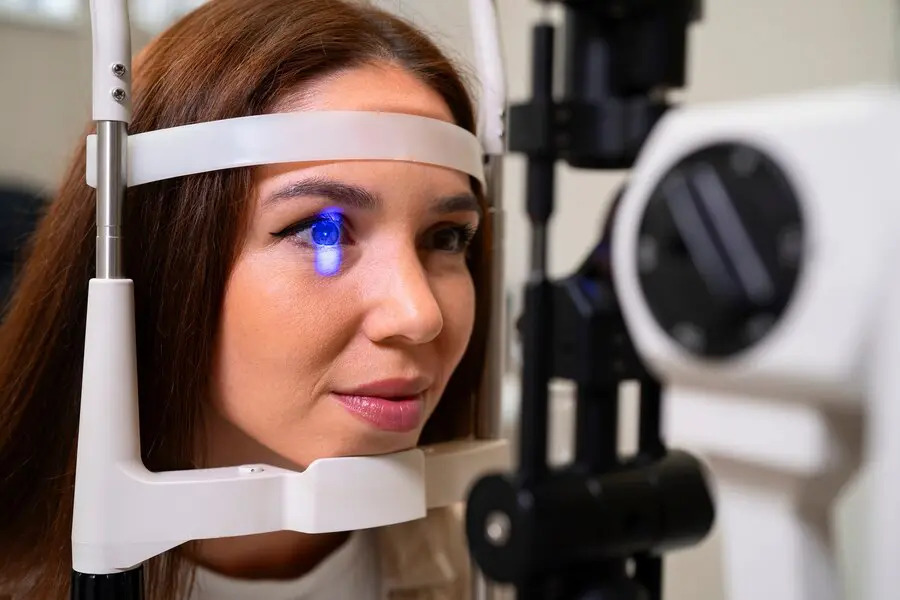Understanding Congenital Eye Disorders in Children: Expert Pediatric Help
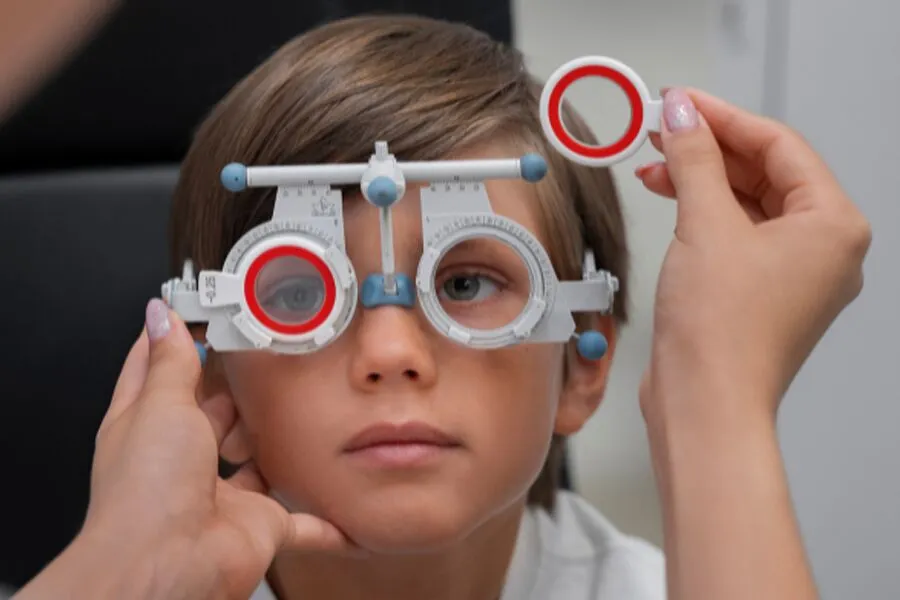
Strong 8k brings an ultra-HD IPTV experience to your living room and your pocket.
Introduction
When it comes to a child’s vision, early intervention can make all the difference. Congenital eye disorders—those present at birth—often go unnoticed until they begin to affect a child’s development or daily life. These conditions can range from mild to severe, but the common factor is that timely diagnosis and expert care are essential. A Pediatric Eye Specialist plays a critical role in identifying and managing these conditions with compassion, expertise, and child-focused care.
Parents may not always recognize the early signs of eye problems, especially when a child is too young to express what they see. That’s why routine eye screenings and being observant of symptoms are so important. Understanding what congenital eye disorders are, how they affect your child, and who to turn to for the best care can empower families to act with confidence.
What Are Congenital Eye Disorders?
Congenital eye disorders are visual conditions that are present from birth. They may affect different parts of the eye, including the cornea, lens, retina, optic nerve, or eyelids. Some are inherited, while others develop during pregnancy due to infections or genetic mutations.
These disorders often impact visual development and, if untreated, may lead to permanent vision loss or developmental delays. That’s why early detection through pediatric eye screenings is essential.
Common Congenital Eye Disorders in Children
A Pediatric Eye Specialist is trained to identify and treat a wide range of congenital eye conditions. Below are some of the most frequently seen disorders in infants and children:
Congenital Cataracts
Clouding of the eye’s lens that may blur vision or block it entirely.
Early surgery may be required to allow proper vision development.
Visual rehabilitation is often essential after surgery.
Congenital Glaucoma
High pressure inside the eye present from birth.
Symptoms include excessive tearing, light sensitivity, and enlarged eyes.
Treatment often includes surgery to relieve pressure and prevent damage.
Retinoblastoma
A rare eye cancer that affects the retina in infants and toddlers.
Symptoms may include a white reflex in the pupil or crossed eyes.
Early diagnosis improves outcomes and may save both vision and life.
Congenital Ptosis
Drooping of the upper eyelid that can obstruct vision.
May require surgical correction depending on severity.
Can affect one or both eyes and hinder visual development.
Nystagmus
Involuntary eye movement that can cause reduced or unstable vision.
Often linked to underlying neurological or genetic conditions.
A Pediatric Eye Specialist will assess the root cause and guide management.
Optic Nerve Hypoplasia
Underdevelopment of the optic nerve, often associated with neurological conditions.
Can lead to partial or complete blindness depending on severity.
Requires multidisciplinary care involving neurologists and vision therapists.
Signs Parents Should Watch For
Early signs of congenital eye problems may be subtle, but being vigilant can ensure timely help. The best pediatric eye specialist can evaluate these symptoms in depth:
Unusual eye movements such as constant shaking or rolling
White or cloudy appearance in the pupil
Persistent eye discharge or tearing
Sensitivity to light or trouble following objects
Eyes that don’t align or appear crossed
Delay in visual tracking or making eye contact
If any of these symptoms are noticed, a comprehensive eye examination by a Pediatric Eye Specialist is essential.
How a Pediatric Eye Specialist Makes a Difference
Children’s eyes are still developing, and so is their ability to communicate symptoms. That’s why expertise in pediatric care is non-negotiable. A Pediatric Eye Specialist is trained not only to diagnose and treat childhood eye conditions but also to manage the emotional and developmental aspects of care.
Here’s how they help:
Child-Friendly Diagnosis
Uses specialized tools and techniques to examine young eyes accurately.
Creates a calm, supportive environment that puts children at ease.
Detects subtle signs that general eye exams might miss.
Tailored Treatment Plans
Considers the child’s age, development, and family needs.
Coordinates surgical and non-surgical treatments based on the condition.
Guides parents through every step with clarity and compassion.
Ongoing Vision Monitoring
Schedules regular follow-ups to track progress and prevent complications.
Adjusts glasses, therapies, or treatments as the child grows.
Ensures healthy visual development for learning and daily life.
Collaboration with Other Specialists
Works with pediatricians, neurologists, and genetic counselors.
Provides holistic care for conditions with systemic links.
Enhances outcomes through team-based medical support.
Why Early Intervention Matters
The first few years of life are critical for vision development. Any disruption during this period—whether from cataracts, strabismus, or nerve damage—can cause amblyopia (lazy eye) or permanent vision loss. With prompt diagnosis and skilled intervention from the best pediatric eye specialist, these conditions can often be managed or corrected.
Visual health also impacts learning, behavior, and social development. A child with untreated vision problems may fall behind in school or struggle with coordination. The sooner help is sought, the better the outcome for the child’s overall well-being.
Conclusion
Every child deserves a clear view of the world. For children born with eye conditions, that clarity begins with compassionate and expert care. By recognizing the early signs and consulting a Pediatric Eye Specialist, parents can give their child the gift of healthy vision for life.
When it comes to delicate cases of congenital eye disorders, choosing the right eye hospital makes all the difference. With its multidisciplinary expertise, advanced diagnostic tools, and a team of leading specialists, Maxi Vision Eye Hospital stands as a super speciality eye hospital dedicated to delivering outstanding pediatric eye care. It’s a place where young eyes are treated with precision, and families find the support they need to navigate every step of their child’s vision journey.
Note: IndiBlogHub features both user-submitted and editorial content. We do not verify third-party contributions. Read our Disclaimer and Privacy Policyfor details.




